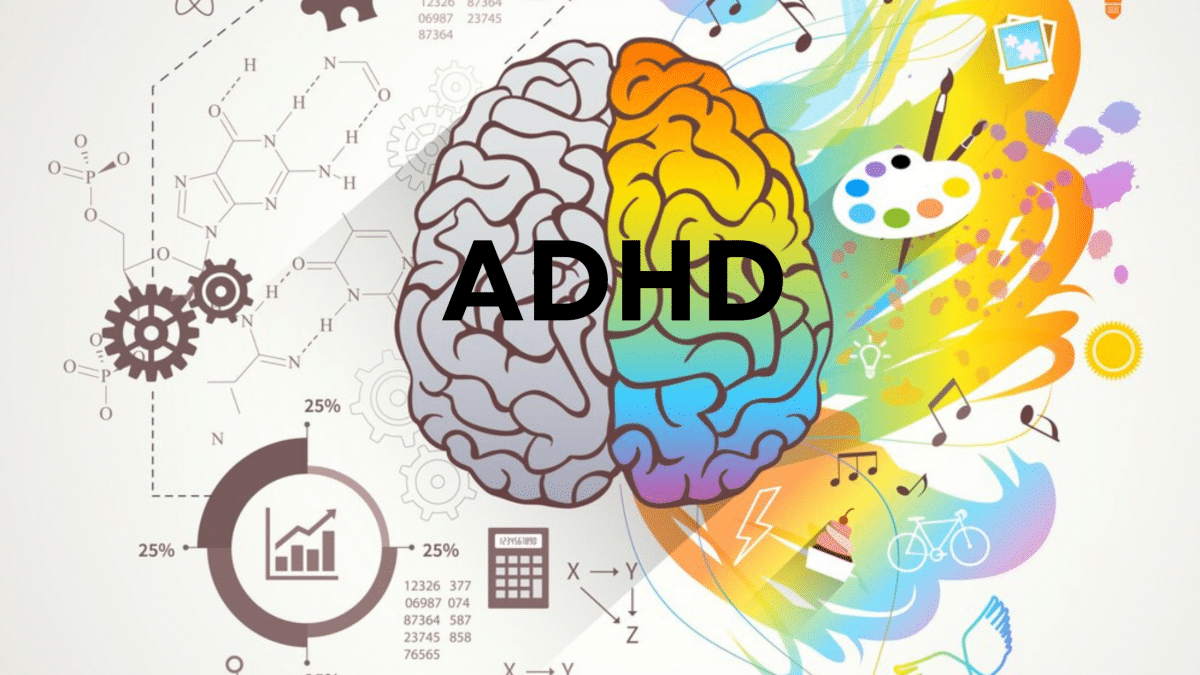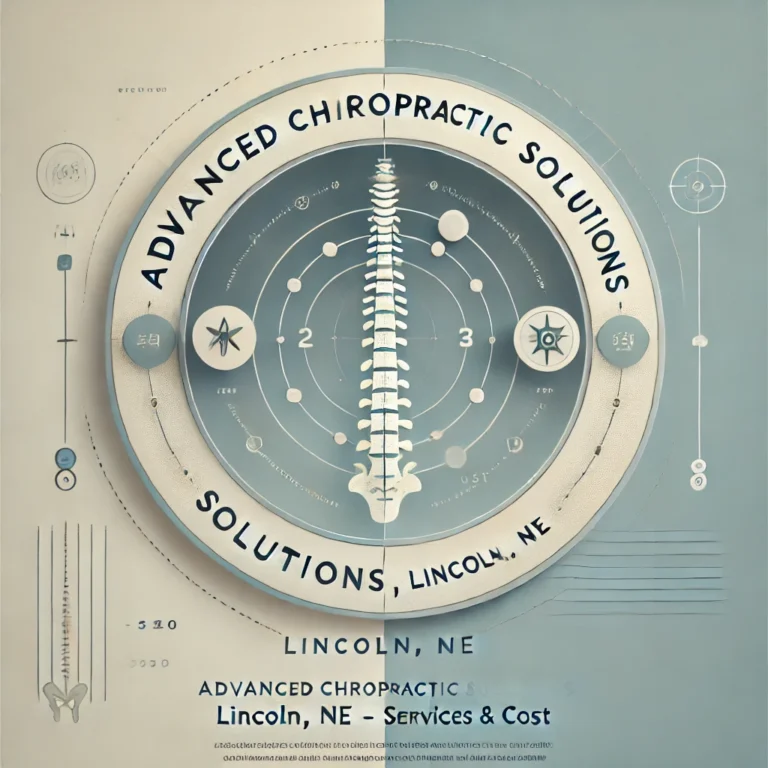
Both children and adults can suffer from Attention Deficit Hyperactivity Disorder (ADHD), a neurodevelopmental disorder. Although doctors frequently prescribe stimulant drugs like Ritalin and Adderall to treat symptoms, not everyone reacts well to them, and some people may look for alternatives because of negative side effects or personal preferences. It is possible to effectively manage ADHD without stimulants, especially if you combine different non-medication treatments. This article examines non-pharmaceutical methods for improving people’s quality of life and managing ADHD.
Understanding ADHD Not Just Through Drugs
The symptoms of impulsivity, hyperactivity, and inattention are what define ADHD. These actions can cause problems in a number of spheres of life, such as job, social interactions, daily routines, and academic achievement. Stimulant drugs that increase neurotransmitter activity are a common part of traditional ADHD Medication, although this strategy isn’t appropriate for everyone. Alternatives to stimulants, like behavioral therapy, lifestyle modifications, and mindfulness practices, can provide an all-encompassing method of treating ADHD.
1. Counseling for Behavior
Behavioral therapy is one of the best non-medication methods for treating ADHD. The underlying mental patterns and behaviors linked to ADHD are frequently addressed using cognitive behavioral therapy, or CBT. With the use of cognitive behavioral therapy (CBT), people can learn coping methods for their symptoms, such as better time management, organizing abilities, and impulse control.
Behavior therapy and parent education for kids: Parental education may also be necessary for the treatment of ADHD in children. In order to promote desired behaviors, parents acquire the skills necessary to establish clear expectations, establish organized routines, and use positive reinforcement. According to studies, kids with ADHD greatly benefit from a regular routine at home and at school as well as positive reinforcement for their accomplishments. When behavioral treatments are customized to the specific requirements of the kid, they can be more successful.
Adult Cognitive Behavioral Therapy by emphasizing goal-setting, task prioritization, and breaking tasks down into manageable chunks, CBT can be beneficial for adults with ADHD. Procrastination may be addressed, communication skills may be enhanced, and mindfulness exercises may be used to lessen distractibility during CBT sessions. This methodical approach improves emotional regulation, which is a problem for many individuals with ADHD, in addition to helping them keep on top of everyday activities.
2. Meditation and Mindfulness
Meditation and other mindfulness techniques are becoming more widely acknowledged as useful tools for controlling the symptoms of ADHD. By increasing awareness of one’s thoughts and feelings in the present, mindfulness helps people with ADHD become less impulsive and hyperactive, which are common side effects of the illness.
How ADHD Is Helped by Mindfulness People who practice mindfulness meditation are better able to control their attention and exhibit less emotional reaction by learning to slow down and concentrate on their breath or particular sensations. Regular mindfulness practice can help people become more self-aware and less stressed, which will make it easier to control the overpowering feelings and ideas that ADHD sufferers frequently experience.
According to a study that was published in the Journal of Attention Disorders, mindfulness-based therapies have the potential to reduce impulsivity and hyperactivity while also improving attention. Because of this, mindfulness is a great addition to other non-pharmaceutical techniques like behavioral therapy.
3. Physical activity and exercise
It has been demonstrated that regular exercise helps control the symptoms of ADHD. Exercise increases the synthesis of neurotransmitters that influence mood and attention, including serotonin, norepinephrine, and dopamine. Exercise has the potential to alleviate symptoms of inattention and hyperactivity by naturally elevating these substances.
ADHD Exercise Programs Running, swimming, and cycling are examples of aerobic exercises that have been shown to be very helpful for people with ADHD. These exercises enhance focus and help control hyperactivity. Yoga and strength training routines can help with focus, bodily awareness, and emotional regulation.
Exercise can also assist people with ADHD in developing routines and structure, both of which are critical for symptom management. For example, by boosting motivation and focus in the morning, an exercise regimen can set the stage for a productive day.
4. Nutrition and Diet
The brain’s functioning is greatly influenced by nutrition, and some dietary modifications can help control the symptoms of ADHD. Although there is still much to learn about the relationship between nutrition and ADHD, many experts think that eating a balanced diet rich in the essential nutrients will help with energy, focus, and memory.
Elimination diets and food sensitivities For some ADHD sufferers, figuring out which foods to avoid will help reduce symptoms. Artificial food coloring and preservatives, for instance, have been connected to heightened hyperactivity in certain kids. Potential sensitivities can be found with an elimination diet, which involves gradually removing specific items from the diet and reintroducing them one at a time.
Omega-3 Fatty Acids and Brain Health Research has indicated that omega-3 fatty acids, which are present in fish oil, can lessen hyperactivity and enhance cognitive function in ADHD patients. A diet high in fatty fish, such as salmon, mackerel, and sardines, or omega-3 supplements can help promote brain function and reduce certain symptoms.
Balanced Blood Sugar Levels Eating balanced meals on a regular basis will help you maintain stable blood sugar levels. Blood sugar fluctuations can cause irritation, exhaustion, and concentration problems—symptoms that are frequently misdiagnosed as ADHD-related problems. Healthy fats, complex carbs, and protein all contribute to maintaining steady energy levels throughout the day.
5. Modifications to the Environment
Optimizing one’s surroundings can reduce distractions and increase focus for people with ADHD. Little adjustments made at home or at work can have a big impact on how well everyday chores are managed.
Establishing an Organized Setting ADHD symptoms can be aggravated by a cluttered or chaotic environment, which makes it challenging to focus or remain organized. Focus can be maintained by organizing living spaces to minimize clutter and designate specific locations for activities like working, learning, or unwinding. Task completion can also be guaranteed by adhering to a precise and organized plan that is maintained with the use of calendars, visual aids, and smartphone apps.
Minimizing Distractions For people with ADHD, minimizing distractions is essential. Productivity can be greatly increased by employing techniques like using noise-canceling headphones, shutting off pointless notifications, and scheduling time for concentrated work. Workspaces that are minimally distracting are designed to help the brain concentrate better on the task at hand.
6. Good Sleep Practices
Sleep problems are common in people with ADHD, and poor sleep can exacerbate impulsivity, irritability, and inattention symptoms. Maintaining proper sleep hygiene is crucial for treating ADHD symptoms naturally without the need for medication.
Enhancing Sleep Patterns Maintaining a regular ADHD Medication schedule, which is going to bed and waking up at the same time every day, is essential for improving sleep. The brain may be told when it’s time to wind down by establishing a peaceful pre-bedtime routine that includes things like turning down lights, staying away from screens, and doing relaxation exercises.
Managing Sleep Disorders Insomnia and restless legs syndrome are common sleep disorders among individuals with ADHD. Taking care of these issues under expert supervision might enhance overall sleep quality and lessen ADHD symptoms during the day.
7. Accountability and Social Support
And lastly, the secret to treating ADHD Medication without medicine is to surround yourself with helpful people. Social support from experts, friends, and family can offer accountability and motivation. Guidance and solutions customized to individual requirements can be obtained by participating in ADHD support groups or working with a coach who specializes in ADHD treatment.
Creating a Helpful Environment Family members who are aware of the difficulties associated with ADHD might provide helpful assistance by reminding the person of crucial duties or assisting in the maintenance of routines. Long-term success and resilience are enhanced when ADHD is managed collaboratively.
In summary
Many non-medication techniques can help manage ADHD without the need for stimulants. Behavioral therapy, mindfulness, physical activity, dietary adjustments, and environmental improvements can all be very effective in lowering symptoms of ADHD and enhancing general well-being. These methods give people the skills they need to overcome obstacles in their daily lives and capitalize on their strengths, giving them a powerful means of naturally and sustainably managing ADHD.






